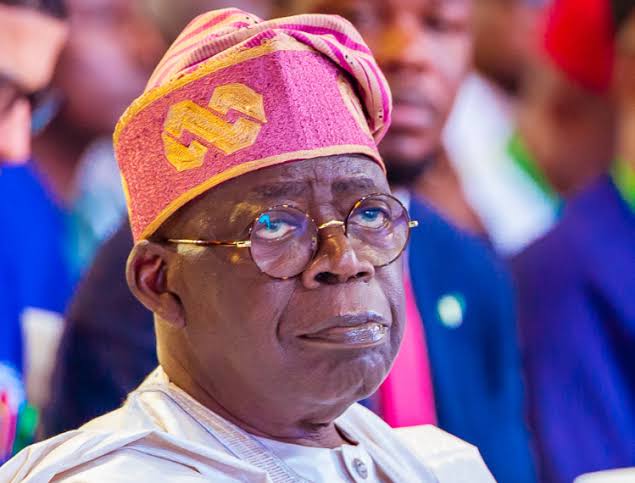President Bola Tinubu has reiterated his administration’s commitment to tackling the various social and economic challenges confronting the nation.
This statement coincided with the call by the Director-General of the World Trade Organisation (WTO), Dr. Ngozi Okonjo-Iweala, for a new social contract in Nigeria. She emphasized that certain economic and social policies should remain untouchable, regardless of changes in administration.
Speaking at the opening ceremony of the Nigerian Bar Association (NBA) Annual General Conference in Lagos yesterday, Tinubu, represented by Vice President Kashim Shettima, outlined several measures and policies being implemented to address economic issues. He noted that the unification of exchange rates has been instrumental in curbing corruption.
The President also commended Dr. Okonjo-Iweala’s advocacy for a new social contract, adding: “Fellow Nigerians, it is timely to acknowledge the Supreme Court’s recent landmark decision granting financial autonomy to local government councils across Nigeria.”
“I commend the upheaval for its consistent sustenance of the tenets of democracy and good governance in the polity.
“Expectedly, this will spur the much-desired developments at the grassroots level, while I remain confident that more of such strategic and reform-oriented legal interventions will be achieved.”
Okonjo-Iweala advocates a new social contract to tackle govt policy inconsistencies
Dr. Okonjo-Iweala at the opening ceremony of the NBA Annual General Congress, in Lagos State, lamented that Nigeria was not presently where it ought to be as a nation, saying that part of the problem includes lack of policy inconsistency where every government abandons the policies of the previous administration.
She said: “A very important part of the explanation for why we’ve not been able to succeed is lack of policy consistency. Successive administrations fail to continue good economic and social policies put in place by predecessors. Allowing politics to frame policy, what we can call the not-made-in-my-administration syndrome.
“We all understand that where policies are bad and not working, of course politics should intervene. But where things are working to the good, we ask, why fix what is not broken? To minimize the volatility of economic and social policy and to set our country on a steady growth and development path, rather than an episodic growth path, I have become increasingly convinced that Nigeria needs a social contract.
“By this, I mean a fundamental cross-party, cross-society agreement that certain things in the economy, in the country, in policy and in society are sacrosanct and shall not be touched or changed when administrations change.
“Every one of us here in this room knows that Nigeria today is not where it should be, that our country has not progressed as it should have.
“That is why, more than 60 years after independence, the NBA and all general conferences are still looking at things like rebuilding Nigeria.”


